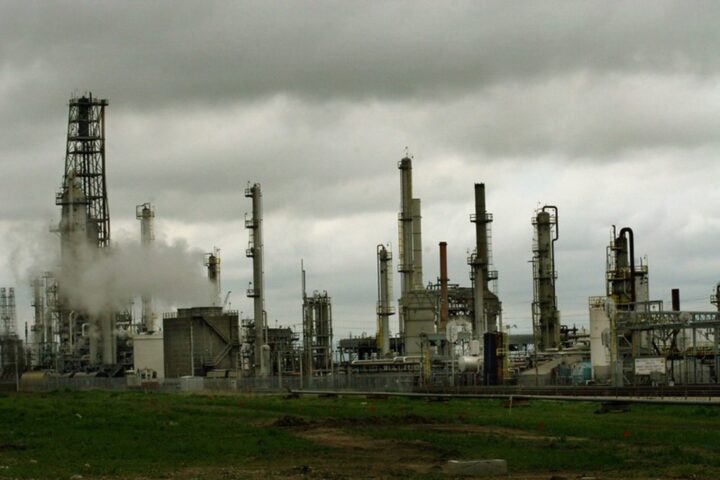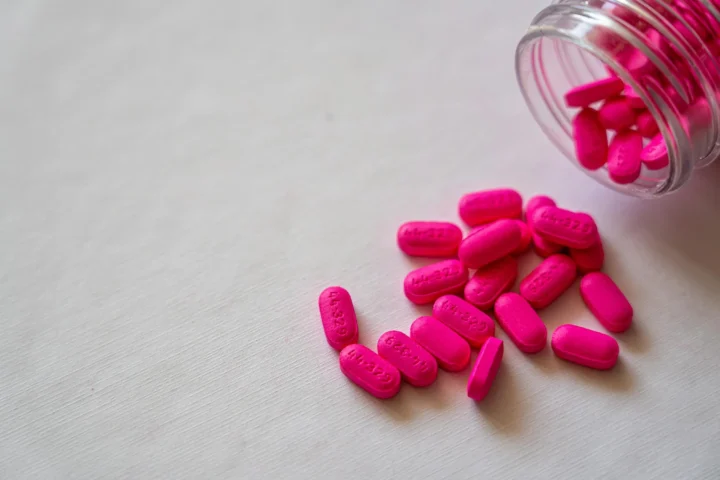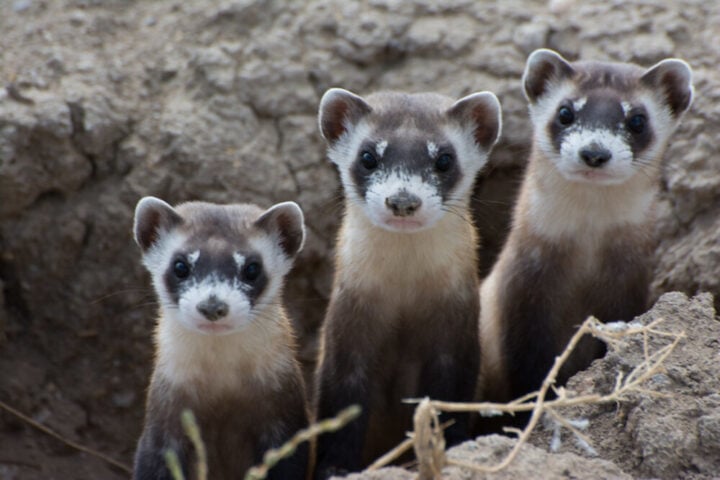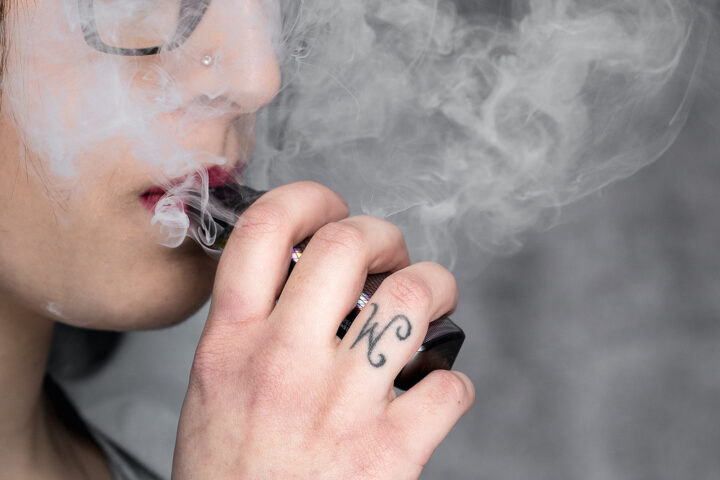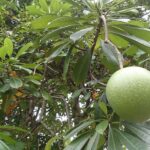PETA’s latest investigation exposes disturbing practices in Thailand’s coconut harvesting operations. Baby pig-tailed macaques, naturally social primates, live tethered on ropes so short they can barely move at coconut-picking training schools. These young monkeys, separated from their mothers just months after birth, face isolation that contradicts their natural behavior, as these primates typically stay with their nurturing mothers for years in the wild.
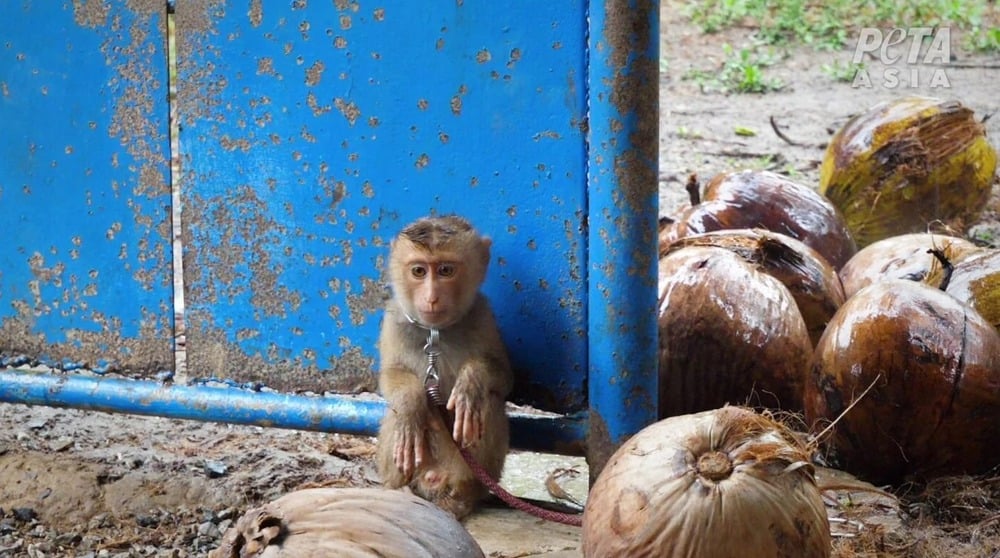
Mike White, creator of “The White Lotus,” witnessed these conditions while filming in Thailand. “Baby monkeys are torn away from their mothers, deprived of everything natural and important to them, and broken to serve as coconut-picking machines for the rest of their lives,” he wrote to Thai Prime Minister Paetongtarn Shinawatra.
PETA Senior Campaigns Manager Kate Werner describes the stark reality: “Thai coconut schools are pits of despair for endangered baby monkeys. They’re snatched from their mothers, deprived of everything natural and important to them, and chained until they lose their minds.”
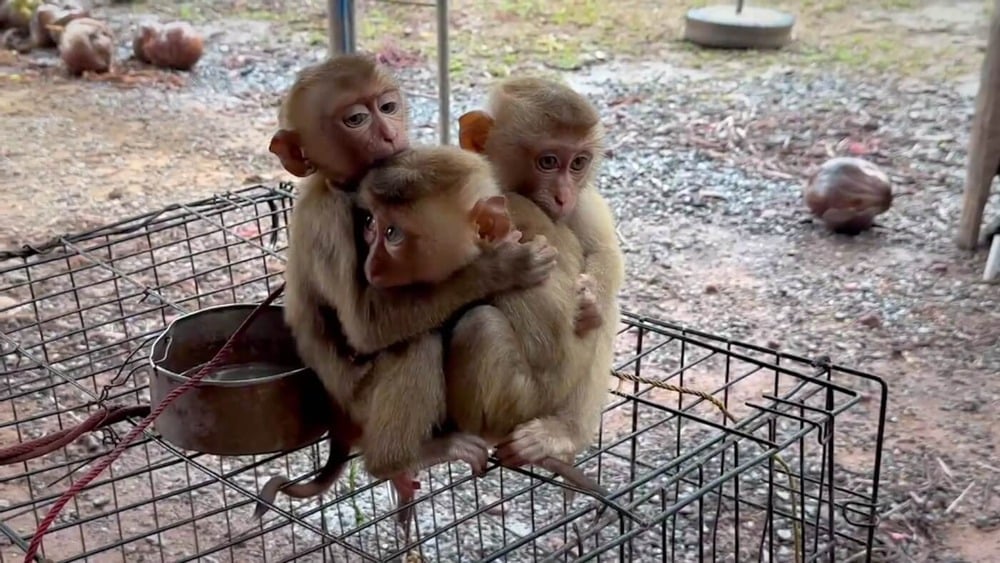
The investigation reveals young macaques exhibiting severe psychological distress. Monkeys pace neurotically in flooded or trash-filled spaces, often running frantically while tethered, repeatedly choking themselves on their collars. These behaviors indicate deep psychological trauma, contrasting sharply with their natural social behaviors in their complex family groups.
Similar Posts
Thai officials maintain that monkey labor isn’t used for exports, yet promote these training facilities as tourist attractions on government websites. The facilities stage coconut-picking demonstrations using adult monkeys who’ve undergone intensive training and been subjected to abuse until broken.
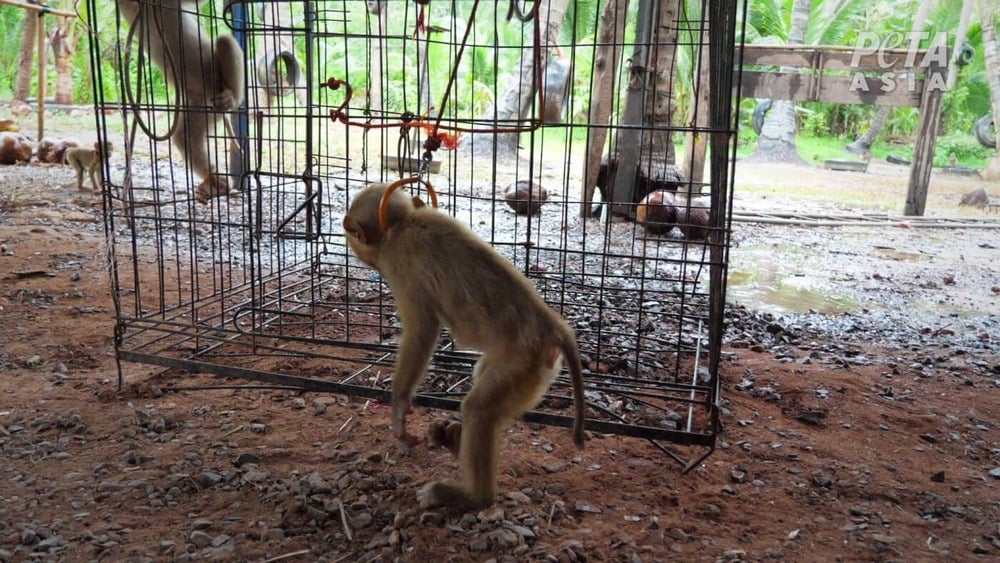
Animal rights advocates recently protested at London’s Thai embassy, wearing prison uniforms and dousing themselves with coconut milk. Their demonstration highlighted how traditional harvesting methods persist despite available modern alternatives that could replace monkey labor entirely.

The controversy affects Thailand’s coconut export industry. Major retailers and companies have begun scrutinizing their supply chains more closely, pushing producers toward humane harvesting methods. While larger operations can adapt to new practices, smaller farms face practical challenges in changing their traditional methods.
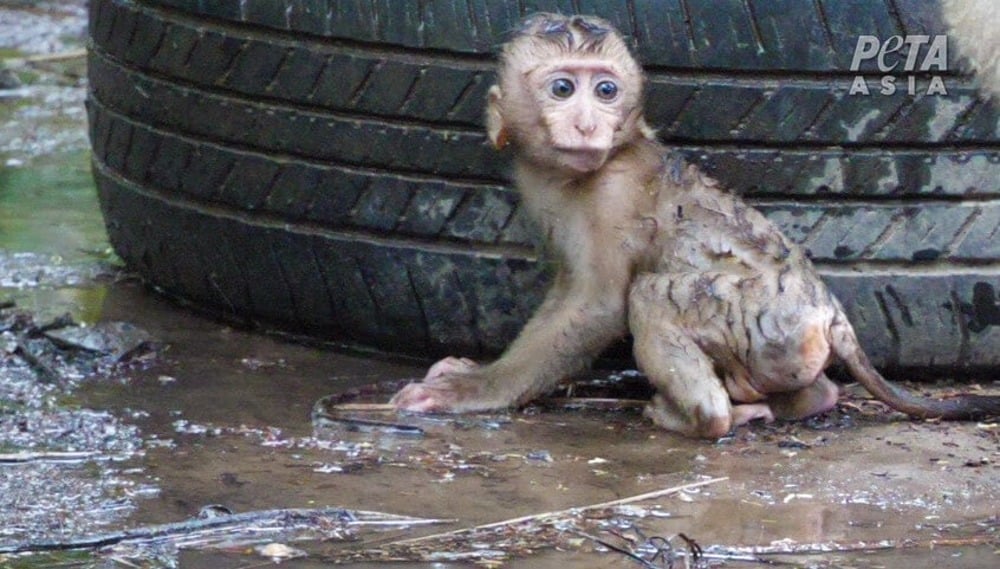
PETA continues documenting conditions in these facilities while advocating for independent investigations and stricter regulations. The organization urges consumers worldwide to verify their coconut products’ sourcing, aiming to end the exploitation of these endangered primates in Thailand’s coconut industry.
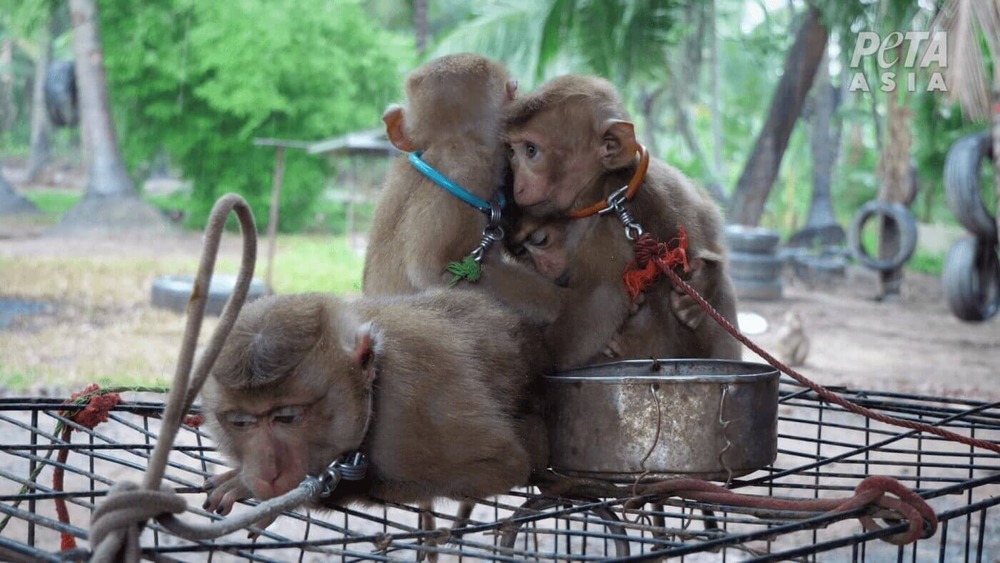
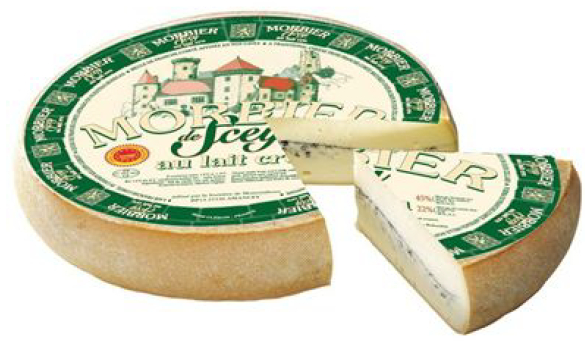
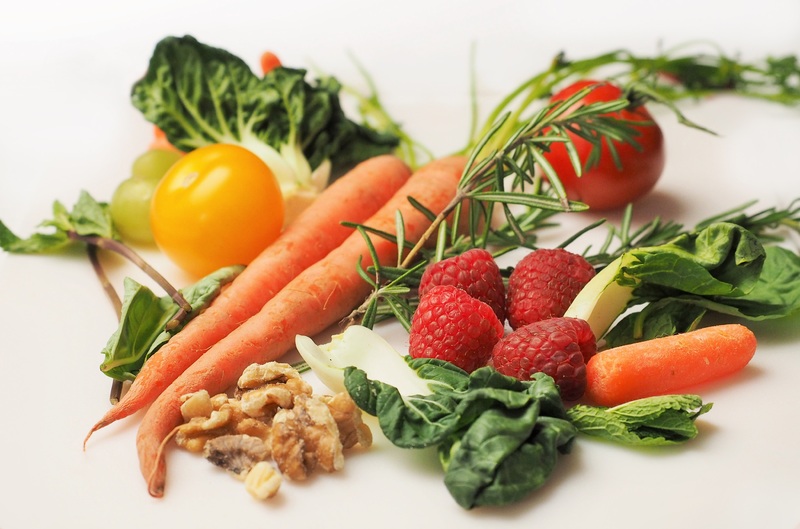
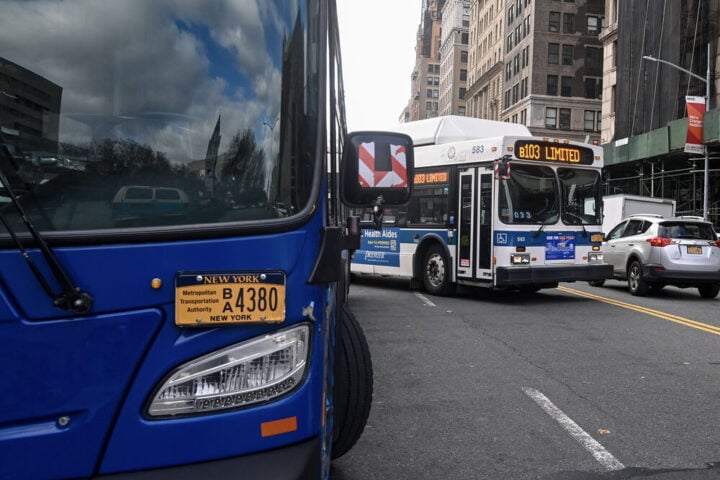






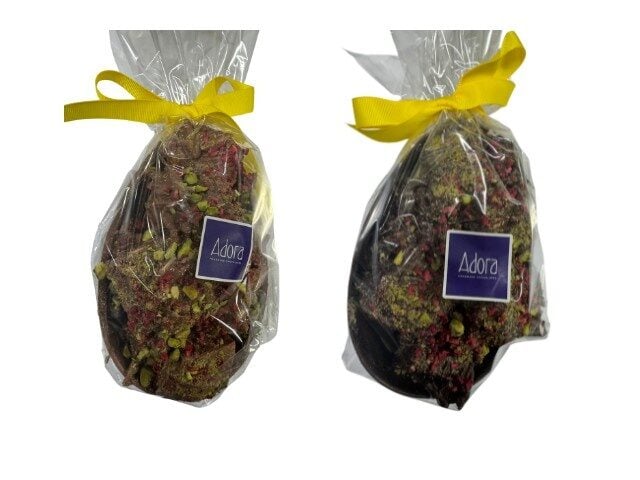
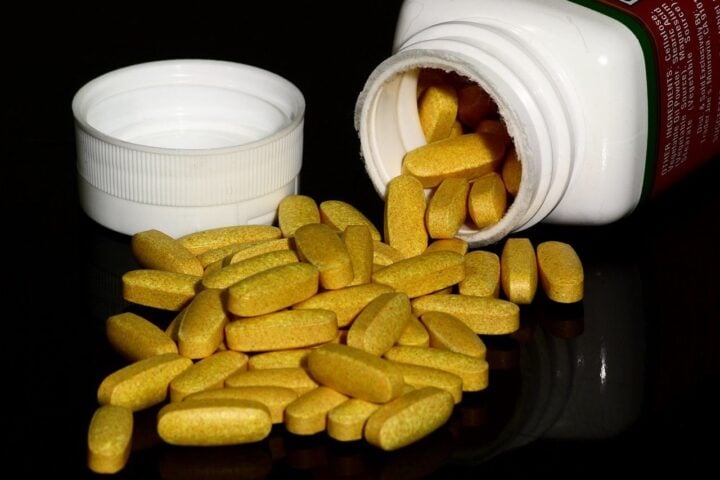

![Google satellite view of 1112 Stanley road in Augusta [Google Earth]](https://www.karmactive.com/wp-content/uploads/2025/04/Augusta-National-Spent-200M-on-270-Acres-but-One-338000-Home-Still-Stands-on-Stanley-Road-720x360.png)
